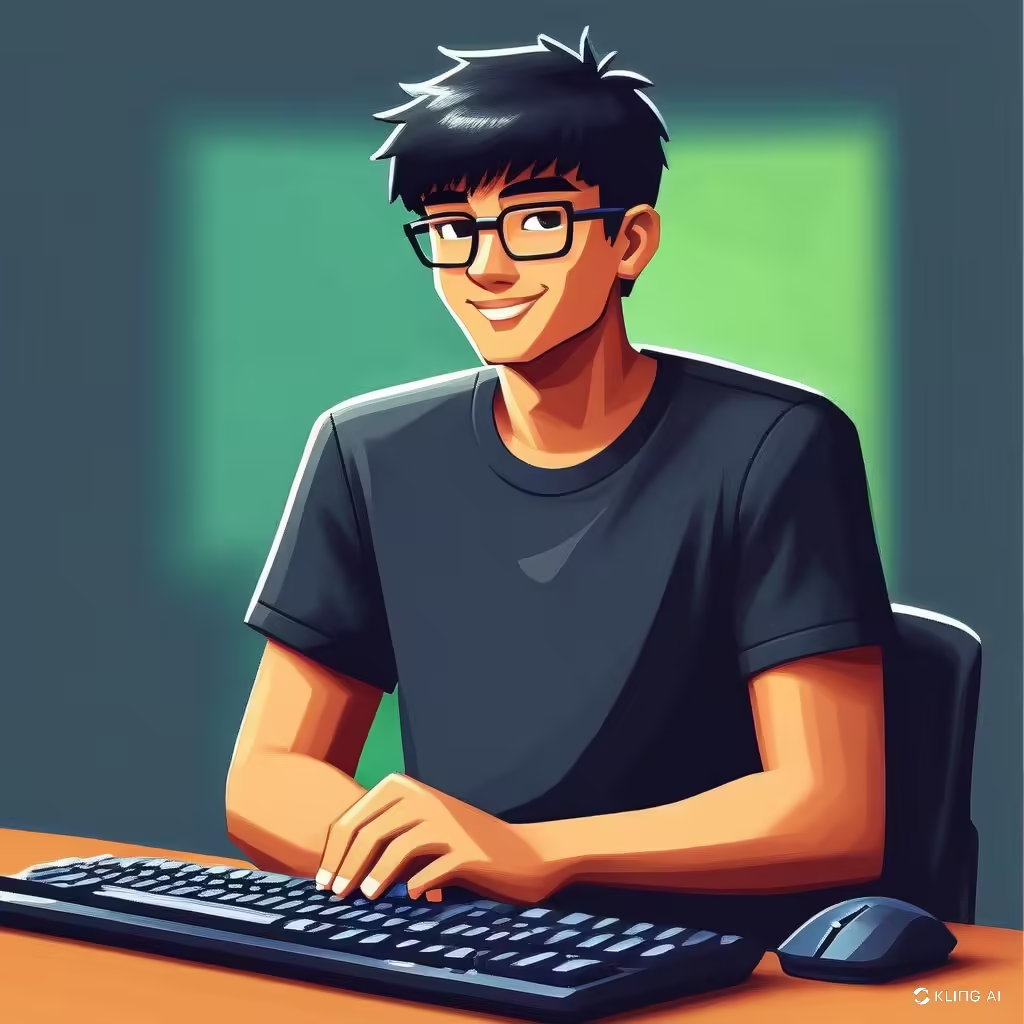
Alright, let’s get into what OpenAI CEO Sam Altman has to say about AI and the future of writing. If you’re a writer, you’re probably wondering if AI is coming for your job. Altman’s got some thoughts, and spoiler: you’re not out of a job just yet.
In a recent interview, Sam Altman addressed the growing concerns that AI might be killing the writing game. While there’s no denying that AI-generated content is on the rise (we’re talking average-quality stuff, like student assignments written with AI tools), Altman doesn’t think that human creativity is under threat.
He made it clear that AI can be a powerful tool for writers. It’s handy for tasks like drafting books or assignments, but Altman emphasized one key point: AI isn’t a writer. Sure, it can assist with tasks, but when it comes to coming up with fresh, original ideas, humans still have the edge. In other words, while AI might help streamline the process, it’s not going to replace the magic that happens when a human mind gets creative.
Altman even mentioned that AI would need to reach a point of “superintelligence”—basically, surpassing human intelligence—before it could genuinely take over writing. And let’s be real, we’re not quite there yet. So, if you’re a writer, breathe easy. AI isn’t putting you out of business anytime soon.
It seems like AI is going to continue playing a bigger role in writing and content creation, but it’s not going to replace human writers anytime soon. The way Sam Altman describes it, AI is more of a tool to assist and enhance the creative process rather than fully take over. Think of it like having a super-efficient assistant that can help with research, drafting, or even ideation, but it lacks the deeper human touch and creativity that makes writing special.
Where this is going? I’d say we’re moving toward a future where writers collaborate more with AI, using it to make their work faster or more polished, but human creativity will still be the core. AI can write structured content, but when it comes to storytelling, emotions, and truly innovative ideas, humans are still in the driver’s seat.
In the long run, AI could push the boundaries of writing tools, but full replacement seems unlikely unless AI reaches that “superintelligence” level, which is still a big question mark. So, it’s more about how we adapt and incorporate AI rather than fear it. Writers who embrace AI may find themselves more efficient, but they’ll still need to bring their unique perspective to the table.

